Meet A Deac
It’s a new week, which means time for Meet A Deac. Today I am pleased to introduce you to faculty member I have known for many years, Steve Giles of the Communication department. 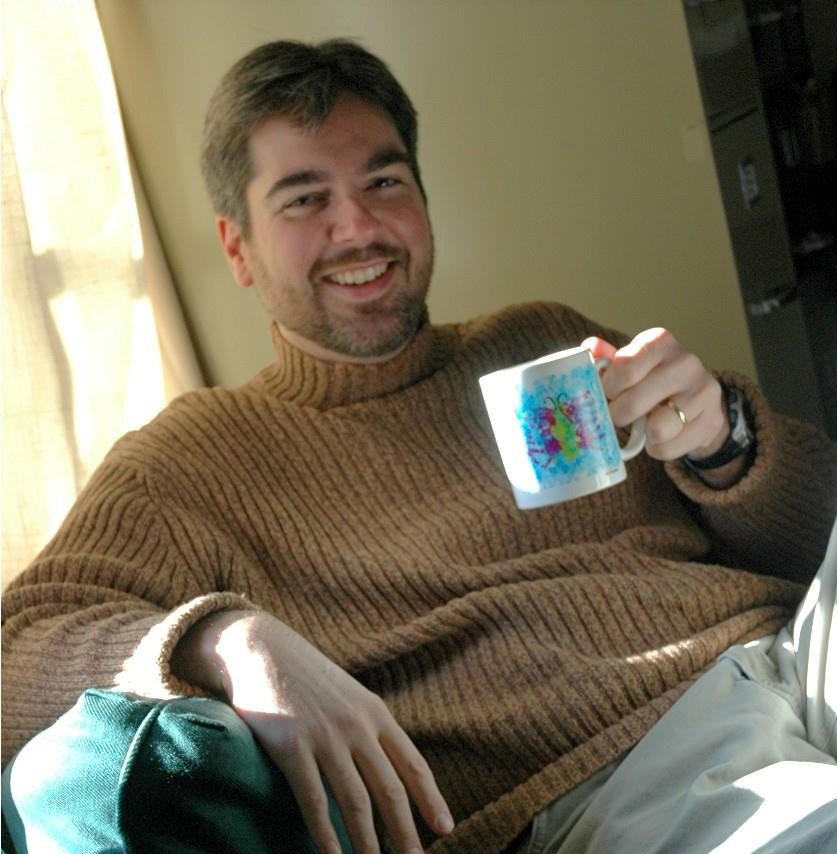
Before we start, full disclosure: I am friends with your amazing wife and our kids used to go to the pool together in the summers, and you are a Wake Forest parent twice over, so we know each other. That said, I will stick to the formalities and ask you to start at the beginning: what is your job title and how long have you been at Wake? I am Associate Professor and Chair, Department of Communication. I’ve worked at Wake full time since 2002.
Say a few words about your educational background. I have a BA in Speech Communication and English from Northern Kentucky University. From there, I went on to get an MA in Interpersonal Communication from Bowling Green State University and then a PhD in Communication from the University of Kentucky.
How would you describe your job in layperson’s terms? I teach courses in health communication, relational communication, and leadership. I am serving my second term as the department chair. I’m also a Faculty Fellow in Bostwick Hall. 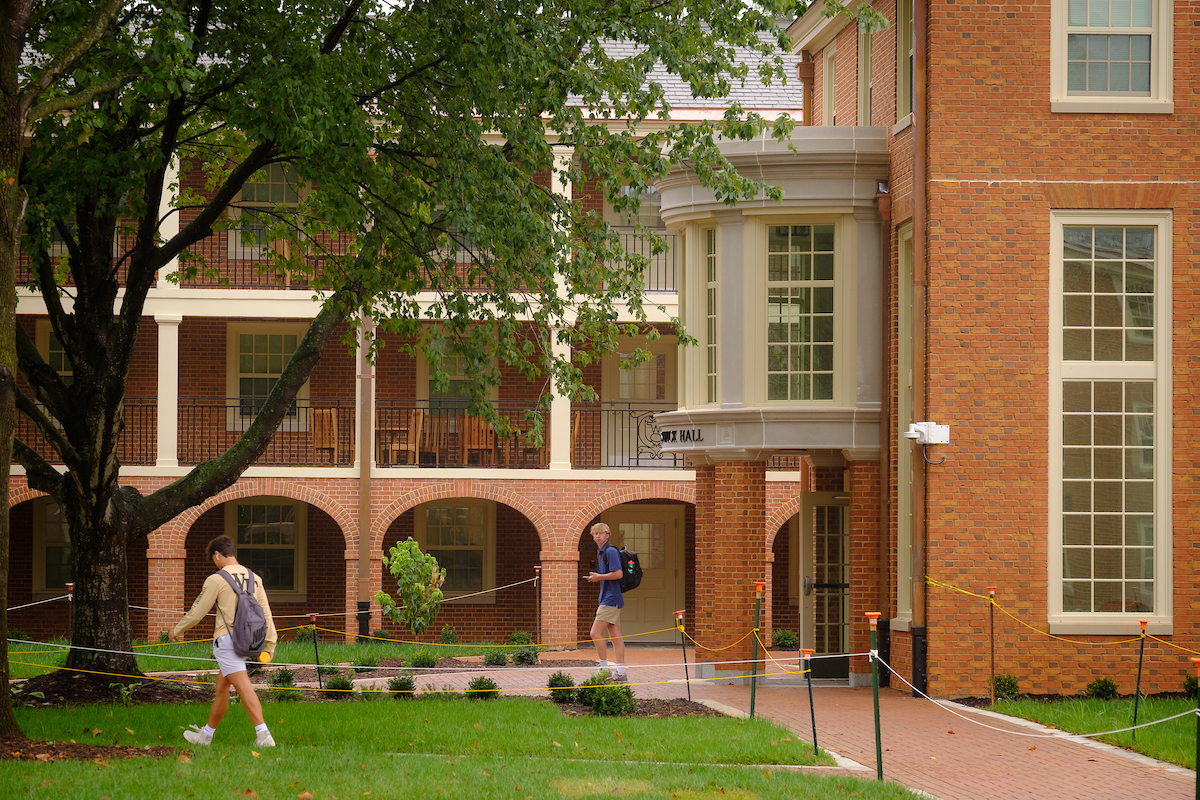
Ah, Bostwick! My first-year residence hall! So if you had to explain your research to someone who knows nothing about your field, what would you tell them? I apply health communication theory to interventions designed to promote health and reduce or prevent disease, such as projects related to child and adult obesity. For instance, sugar-sweetened beverages (SSBs) are the single largest source of added sugar in the diets of American children, which is a major concern because overconsumption of SSBs is a major risk factor for obesity, dental cavities, and other health problems. Most interventions in clinical settings aim to educate parents and their children about the risks of SSBs, but our data showed that families often do not receive or pay attention to this information, especially when included in their electronic health record.
I was part of a team led by Dr. Kristina Henderson Lewis at Wake Med that designed a reality TV style short documentary called Get in the Zero Zone. We featured 3 families that spent a week trying to reduce their SSB use to zero. Within the film, we had a nutritionist interact with families about how much sugar the typical child was consuming and discuss ways they could introduce healthy alternatives. Focus group participants found the video to be less “preachy” and felt they could identify with the families in the video. This approach is known as narrative persuasion: we create stories that entertain and engage, while they also educate and persuade and families in less confrontational or explicit ways. We also included the video in the electronic health record!
What excites you the most about your field or your research – and how does that transfer into your classroom or lab? The beauty of health communication research is it can apply to so many issues (e.g., mental health, physical activity, body image, social support) at so many levels (e.g., individual behavior, relationships, families, organizations, media, and policy).
My research and teaching are intertwined. For instance, this past summer I taught a health communication class in Barcelona, Spain with 10 amazing Wake Forest students. We visited clinics, medical schools, and heard from a number of experts who helped us apply health communication concepts to how Spain dealt with COVID, how disparities exist among different groups, and ways that health policy impacts health across many issues. 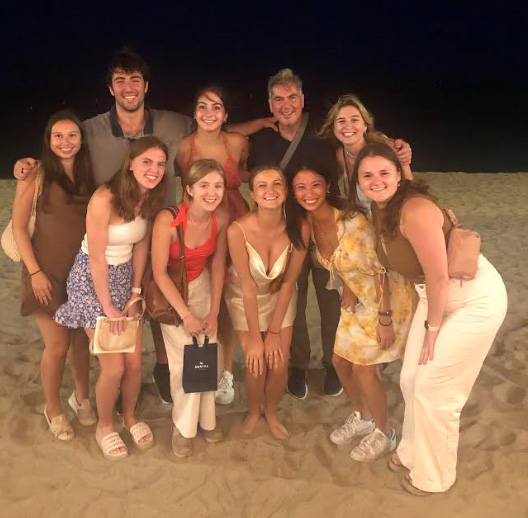
In short, my research is applied. My teaching is applied. And my students are critical to the application in both of these contexts because they want to be involved in the research projects based on what they learn in the classroom.
What would you say to a student who is considering a Communication major? Traditionally, students could major in Communication and concentrate in media studies, integrated communication strategies, public advocacy, or health communication. But this year we are launching a new major in Critical and Creative Media and a new minor in Marketing Communication.
Any of our majors or minors offer students the flexibility to pursue what interests them most and positions them for careers in a variety of professional fields, including marketing and PR, film and media industries, consulting and management, and graduate school (medical school, law school, and communication graduate programs). If we were a wine, I would say we pair well with other majors/minors but can also be enjoyed alone!
I love that wine analogy. What is your favorite class to teach, and why? I don’t teach courses I don’t like, so this is a tough question! If I had to pick only one, I would say COM 113: Relational Communication, because it gives me the opportunity to teach a course with real practical value to a group of students who are usually new to the University (that is, first-year students).
COM 113 counts as a Divisional, so it attracts primarily underclassmen/women. And the course seems to be very much needed and welcomed by college students who are coming out of COVID, where they experienced social isolation. Given the transition to college, the exploration and formation of new friend groups, and the real struggles that students often have with these relationships (as well as some romantic long distance relationships), I think this course should be required for all new students!
What do you like best about working at Wake? Faculty-student engagement. It is easy for universities to pay lip service to faculty-student engagement. But Wake backs it up with its resources (internal grants and awards), designated opportunities (e.g., Undergraduate Research Day, study abroad, Faculty Fellows, etc.), and values. Honestly, this is what I look forward to most in my work and am so grateful to work at an institution that makes this not only possible, but missional.
Coming up to my favorite part: the bonus questions!
Book(s) you are reading, podcast(s) you are listening to? Meditations by Marcus Aurelius (translation), Leadership: A Communication Perspective by Johnson and Hackman. Boring, I know. I usually sprinkle in a fiction book now and again. For podcasts: The Daily, Hidden Brain, and The Boys. 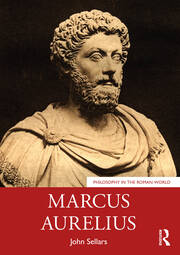
Movies/TV/Netflix, etc. that you love: Only Murders in the Building, Ted Lasso, Masterminds, most Marvel shows and movies, Stranger Things, and Welcome to Wrexham. 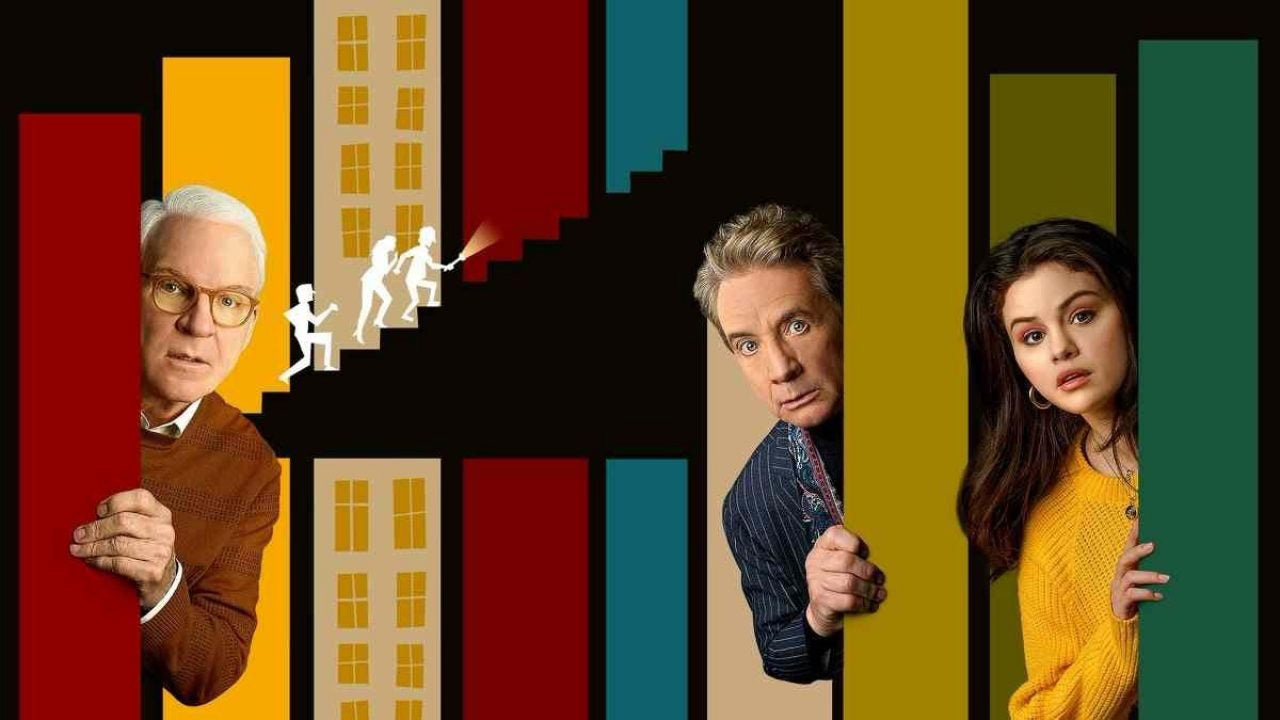
Websites or apps you frequent? I’ve been enjoying BeReal! It’s fun to see what people’s lives look like, relatively unfiltered, and to gain some perspective on what my own looks like from day to day. 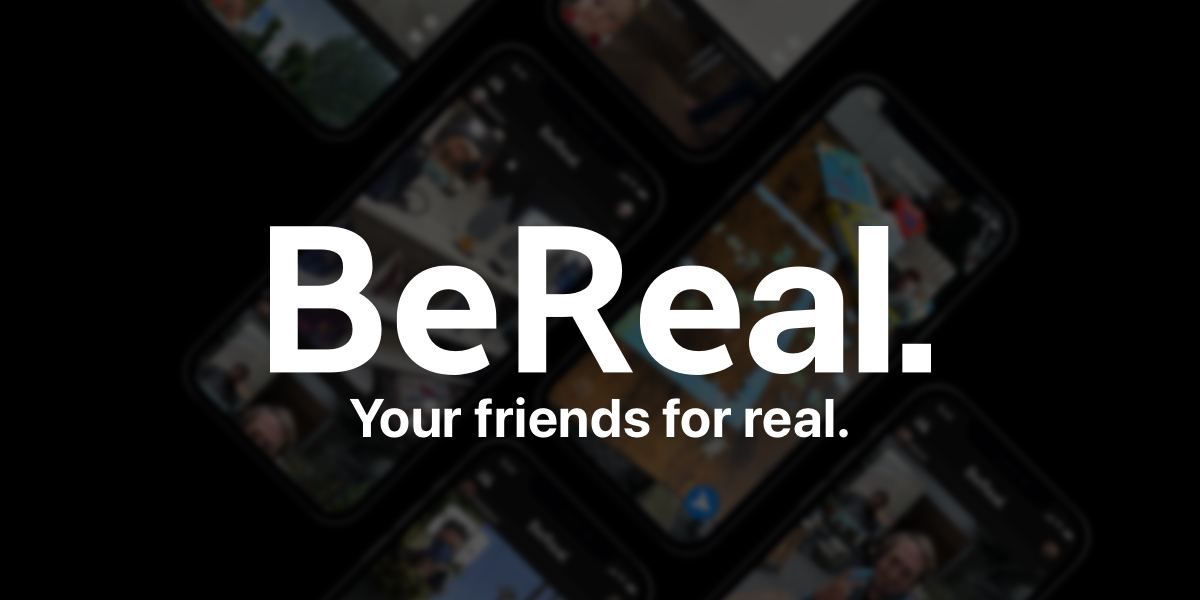
What do you enjoy doing when not at work (hobbies, etc.)? Coaching soccer. I’ve been coaching competitive soccer for 28 years. I also love to watch soccer (WFU men’s and women’s, Premier League, and La Liga are my favorites). I love to travel, especially internationally, and love to spend time with my family. You might also find me working out or walking my two dogs. 
Something most people don’t know about you? I was a walk-on soccer player at a Division 2 program and earned a scholarship after my freshman year. I’m almost embarrassed to admit it, but I was also nominated for the homecoming court in college, but I didn’t win (dare I say the election was rigged?) 🙂
What question didn’t I ask that you’d like to answer? “What is your favorite country or city that you’ve traveled to?” I have been so fortunate to lead abroad programs in Chile, Austria, Spain, and Nicaragua. I’ve also traveled internationally to a number of cities to present my research. My favorite experience was this past summer in Barcelona, Spain. I’m looking forward to returning this January to complete a soccer coaching diploma and then in the summer to teach there once again.
Many thanks for being our Meet A Deac this week, Steve, and for all you do for your students and our campus.
As a reminder, read past Meet A Deacs here.
— by Betsy Chapman, Ph.D. (’92, MA ’94)
October 10, 2022
